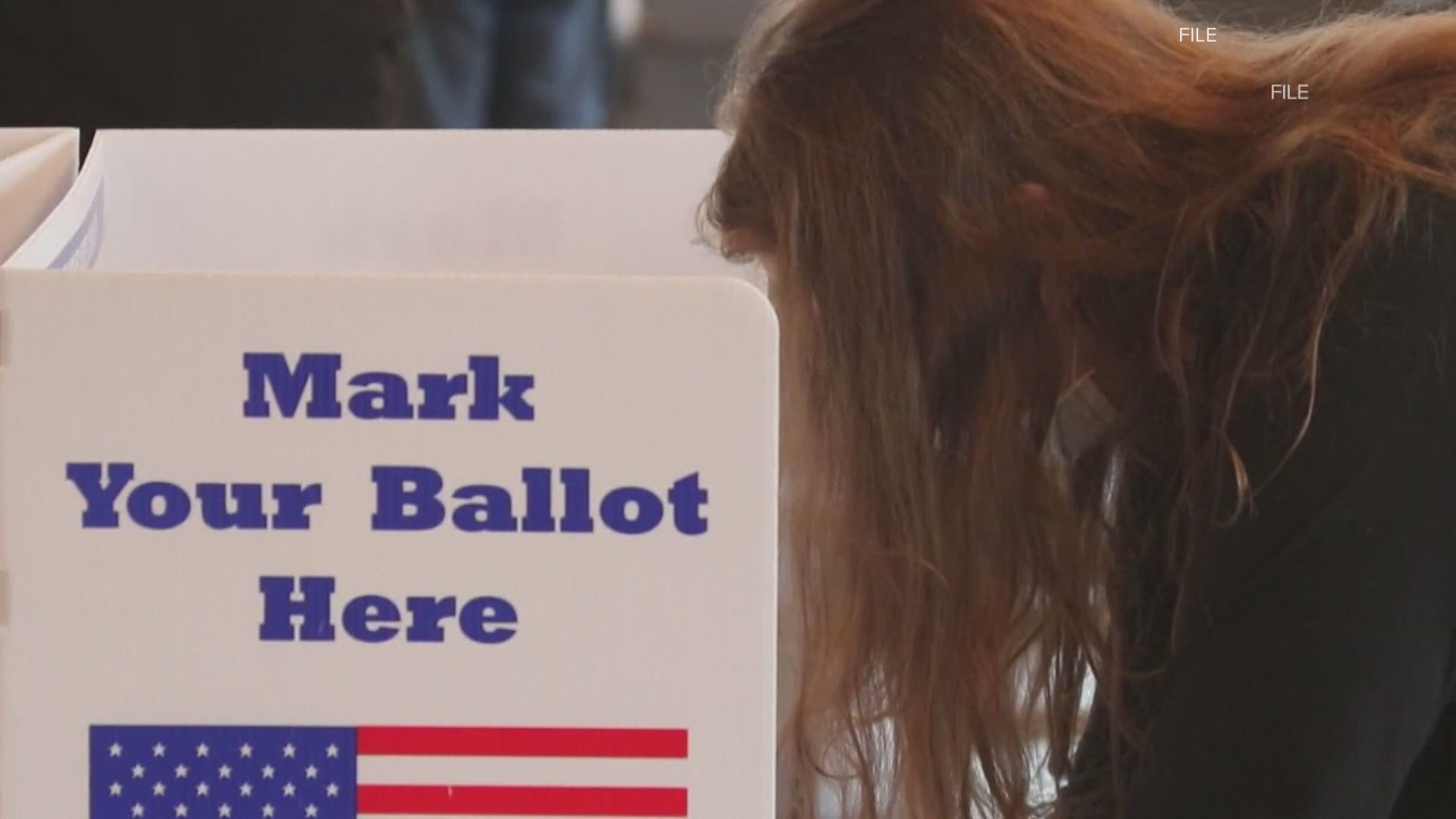AUGUSTA, Maine — Maine voters decide a lot of critical issues at the ballot box, through referendums resulting from citizen initiative petition drives.
But after voters have their say and pass a referendum, the Legislature can still change those laws, and often does.
Rep. Kyle Bailey (D-Gorham), who led the drive to pass ranked-choice voting, is trying to make it harder for lawmakers to overrule the voters.
In 2016, voters passed four major issues in the referendum: ranked-choice voting, recreational marijuana, a minimum wage increase, and a surtax on higher incomes to fund education.
All four underwent major change by the Legislature afterward, and the surtax was actually repealed.
“I think voters are a lot smarter than people give them credit for in my line of work. They make thoughtful and informed decisions, and we ought to protect the will of Maine people,” Bailey said.
He is sponsoring a bill to amend Maine’s constitution, to put a heavier burden on the Legislature when it comes to changing or even repealing referendum-passed laws.
The proposal would require a vote of 75 percent of all lawmakers to repeal a law passed by referendum, and a two-thirds vote to make any changes. Both those restrictions would apply for three years after the passage of the referendum.
“(This) would ensure a higher threshold for legislature to change or repeal a law approved by Maine citizens,” Bailey said.
He added those stiffer requirements would show “that there is something sacred about the ballot box and we want to protect that.”
But at least one top Republican leader said it's not that simple, and that the current system provides pror5etctions against problematic referendum questions.
Sen. Jeff Timberlake (R-Turner) said those referendum questions often need fixing, and the Legislature has to do it.
“I know referendums that have gone out and we’ve come back and had to tweak them so departments could enforce them or make them legal, and those are things that have to be done. And the system we’ve got is working.”
Bailey insists that under his bill those tweaks could still get done but there would be a “higher bar” to clear, requiring broader agreement on the need for changes.
His bill is a constitutional amendment, meaning if two-thirds of the Legislators vote to pass it, and the Governor signs it, the question would then be sent to Maine voters to ratify, in its own referendum.

